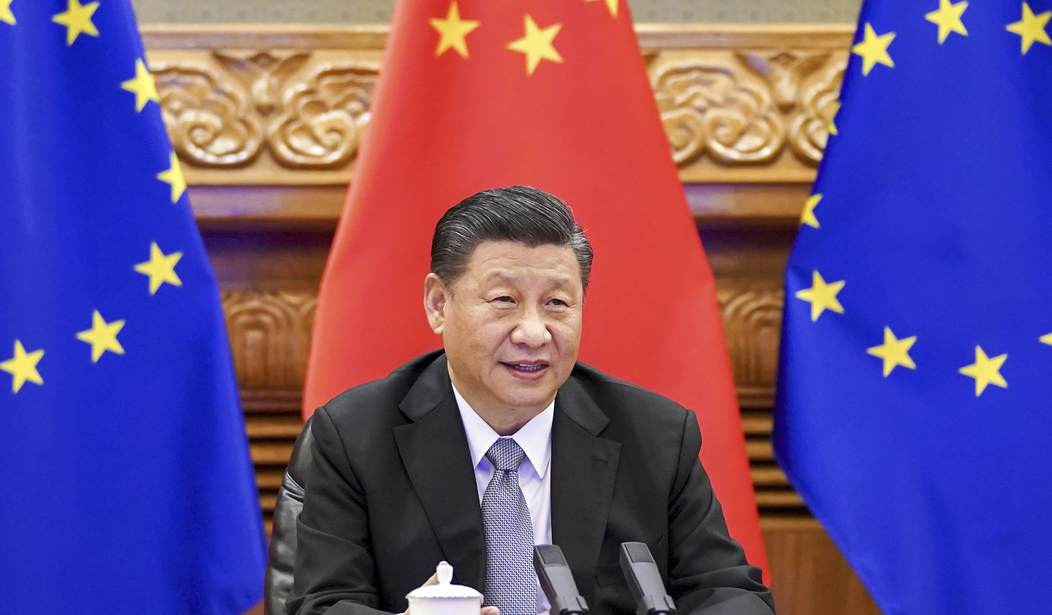We knew it would just be a matter of time before China’s military buildup in Asia seriously threatened U.S. forces. Where military analysts once saw a timeframe as a question of decades, now it’s telescoped down to a matter of years before the balance of forces tips Beijing’s way.
Adm. Phillip Davidson, head of the Indo-Pacific command, says the “the greatest danger the United States and our allies face in the region,” is the erosion of U.S. military power and the growing confidence of China in their abilities.
“I think our concerns are manifest here during this decade,” Davidson told members of the Senate Armed Services Committee yesterday. “I’m worried that they’re accelerating their ambitions to supplant the United States and our leadership role in the rules-based international order, which they’ve long said that they want to do by 2050. I’m worried about them moving that target closer.”
Davidson briefed the senators in classified sessions before his public testimony, and he brought with him a number of charts showing China’s growing military advantage over U.S. forces in the region.
“Our conventional deterrent is actually eroding in the region. And it’s because of the vast advances … that the Chinese have undertaken in both terms of capacity over the last 20 years and then in the next few years, the improvements they’ll make in their capabilities as well,” Davidson testified.
China has been on a shipbuilding spree that, by 2025, would challenge U.S. supremacy on the high seas. By then, China will have three carriers to the one the U.S. keeps in the region; six amphibious assault ships to America’s two; and 54 modern multi-warfare combatant ships to six for the U.S.
Florida Sen. Rick Scott pressed Davidson on a key tenet of U.S. policy, namely America’s stance of “strategic ambiguity,” in which it does not say whether or not it would come to the defense of Taiwan if China attempts to take the island by force.
“I think it’s time for the U.S. to state clearly that we’re not going to allow communist China to invade and subdue Taiwan,” said Scott. “And that both Taiwan and the United States — we’ve got to invest the right resources, weapons, training, and dialogue to ensure that General Secretary Xi understands that he’s not going to gain anything.”
Would China really try to seize Taiwan? They’ve become more aggressive toward the island nation in recent years and their “one China” rhetoric has been less than subtle.
But even with a preponderance of military assets in the region, you have to doubt whether Xi really wants war with the United States. This is especially true if he can take his prize with little or no cost. That would take an American president who acquiesces to Chinese dominance in the region. Is Joe Biden that president?
Davidson argues that the $27.3 billion in additional investments for deterrence is less than 1% of the overall defense budget and could restore conventional deterrence and prevent Chinese designs on its neighbors.
“Our deterrence posture in the Indo-Pacific must demonstrate the capability, the capacity, and the will to convince Beijing unequivocally the costs of achieving their objectives by the use of military force are simply too high,” he said.
At a time when the U.S. is trying to recover from the pandemic, and with government deficits and debt skyrocketing, what are the prospects of maintaining a strong military presence in that part of the world? The next two or three presidents are going to have some hard choices to make about China and our military. To be dominant over China or dominated by China? That will be the choice facing Biden and his immediate successors.
Israel Updating Plans to Attack Iran Nuclear Sites










Join the conversation as a VIP Member